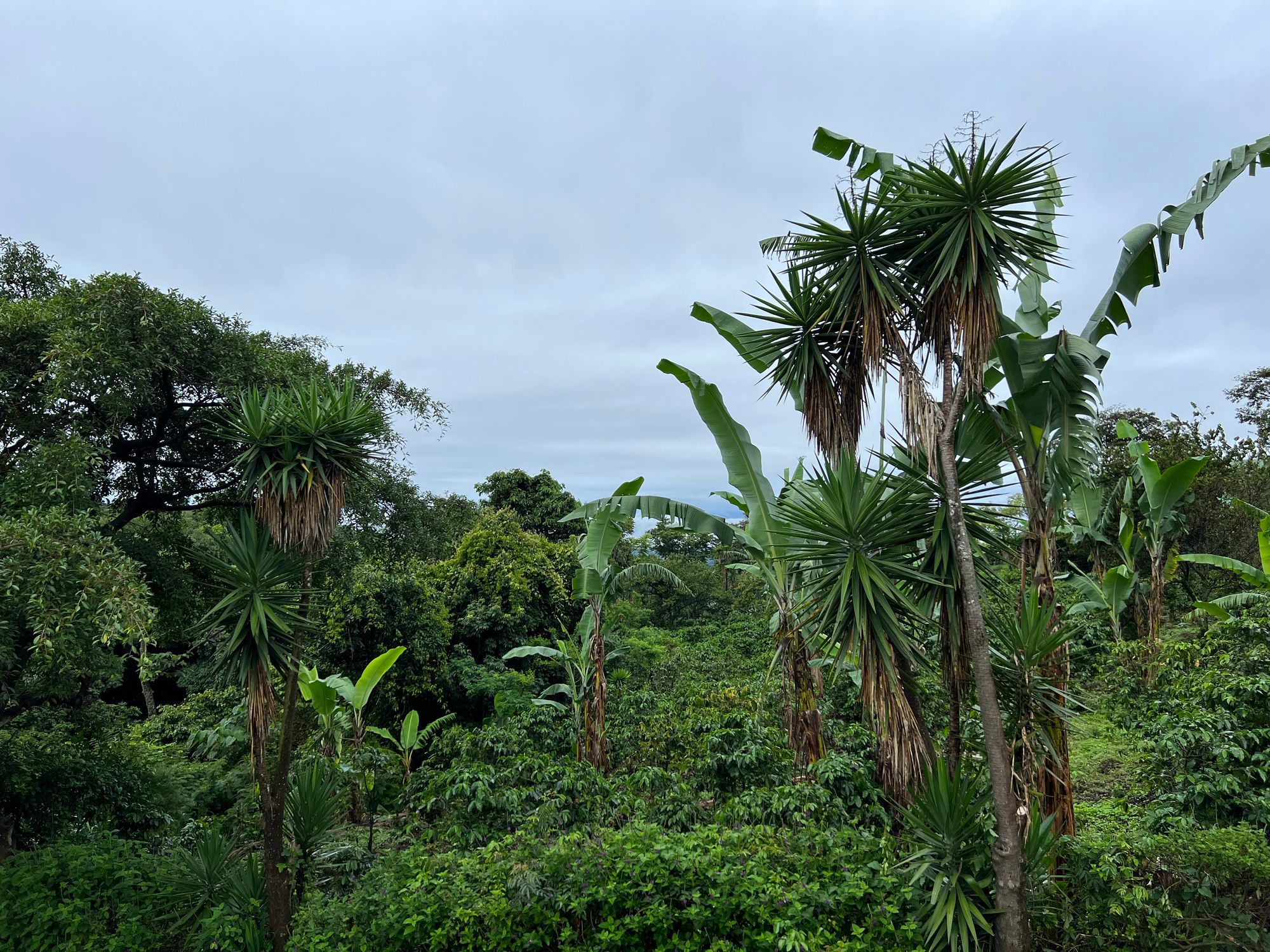Evolutive Morality in Practice: A Journey Through Costa Rica's Sustainable Coffee Cultivation
In the lush, fertile highlands of Costa Rica, coffee cultivation is not just a thriving industry but a way of life, deeply interwoven with the country's cultural fabric. Here, the principles of Evolutive Morality — the call for an evolving ethical understanding in harmony with our expanding knowledge — find

In the lush, fertile highlands of Costa Rica, coffee cultivation is not just a thriving industry but a way of life, deeply interwoven with the country's cultural fabric. Here, the principles of Evolutive Morality — the call for an evolving ethical understanding in harmony with our expanding knowledge — find their expression in sustainable coffee farming practices.
Costa Rica's coffee journey began in the late 18th century. The country's ideal climate, rich volcanic soils, and high-altitude ranges made it perfect for cultivating rich, flavorful coffee beans. Over the centuries, coffee cultivation became a vital part of Costa Rica's economy and cultural identity, with generations of families dedicating their lives to this ancient craft.
However, the traditional model of coffee farming has often been at odds with the realities of the modern world. Issues like deforestation, soil degradation, and water contamination raised serious questions about the sustainability of these practices. It was clear that a new approach was needed — an approach guided by the principles of Evolutive Morality.
In the spirit of Evolutive Morality, Costa Rican coffee farmers began to integrate scientific knowledge and environmental responsibility into their farming practices. They recognized that as our understanding of the world evolves, so too must our ethical systems and practices.
A shining example of this philosophy in action is the adoption of agroforestry systems in coffee farms. By planting shade trees among coffee plants, farmers create a mutually beneficial relationship: the trees provide shade, protecting the coffee plants from extreme weather conditions, while the coffee plants enrich the soil, supporting the growth of the trees. This practice increases biodiversity, reduces soil erosion, and enhances the resilience of the farm to climate change.
Farmers also utilize organic farming practices, avoiding synthetic pesticides and fertilizers that can harm the environment and human health. They employ natural pest control methods and use organic compost to enrich the soil. The result is a high-quality, organic coffee that's grown in harmony with nature.
Moreover, Costa Rican coffee farmers are committed to social sustainability. Fair trade practices ensure farmers and workers receive fair wages and work in safe conditions. This commitment to social justice aligns with the humanistic principles of Evolutive Morality, recognizing the inherent dignity and worth of each individual.
The results of these efforts are evident in the rich, bold flavors of Costa Rican coffee, a testament to the harmony between human endeavor and natural processes. It's a cup of coffee that tells a story — a story of cultural heritage, scientific understanding, environmental stewardship, and ethical evolution.
In conclusion, Costa Rica's coffee farms offer a practical example of Evolutive Morality in action. They illustrate how we can navigate the complexities of the modern world without sacrificing our most profound human values. They remind us that we are not passive observers of the universe; we are active participants, capable of understanding, preserving, and enhancing the world we live in. And they offer a taste of what's possible when we approach our work and our lives with a spirit of awe, humility, and ethical evolution.




